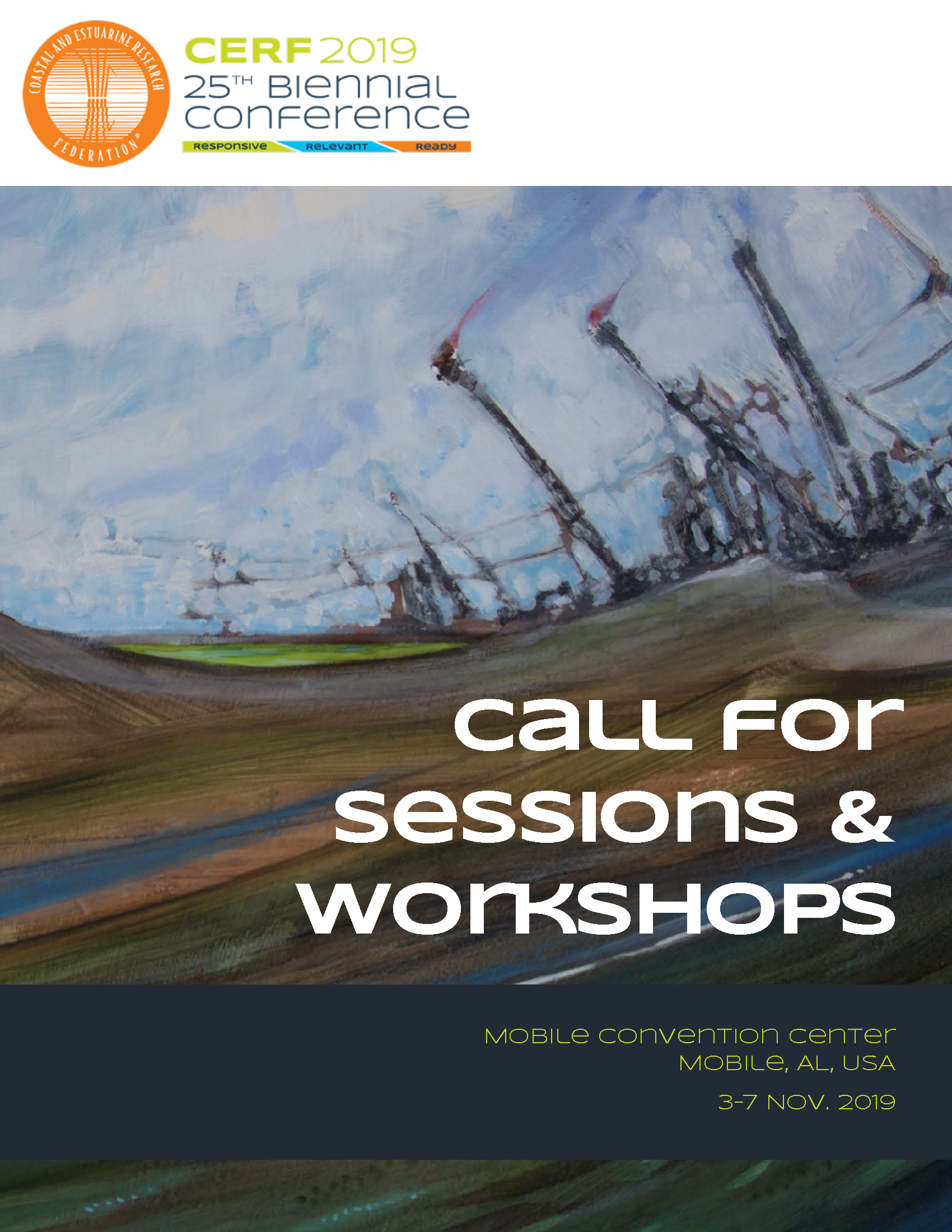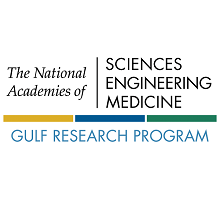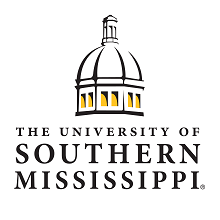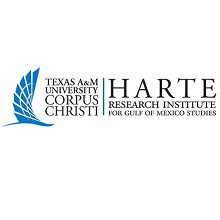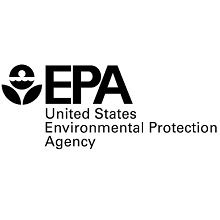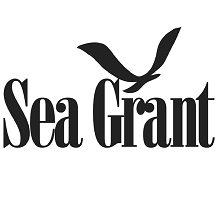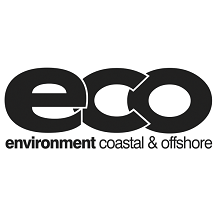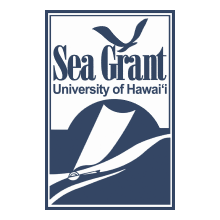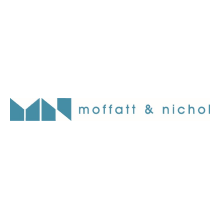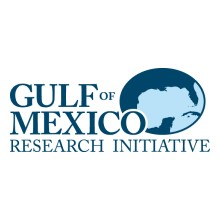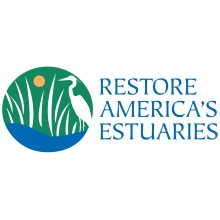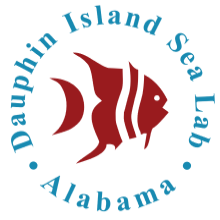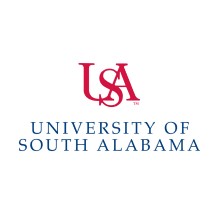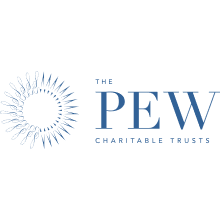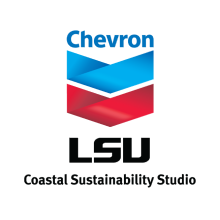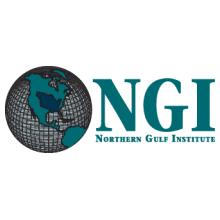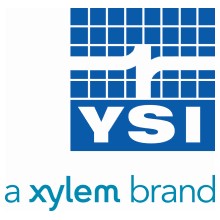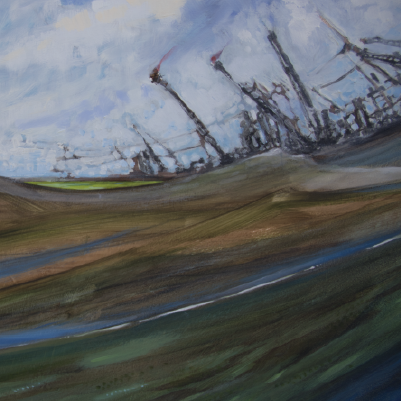- CERF 2019
- Program
- Post-Conference Resources
- Schedule-at-a-Glance
- Keynote
- Plenary Sessions
- Workshops
- Analyzing, Synthesizing, and Communicating Your Data
- Beginner GIS for Ecologists
- Best Practices in Science Communication
- Building and Sustaining Effective Community-Research Partnerships
- Concepts and Controversies in Tidal Marsh Ecology Revisited
- Democratizing Access to Ocean Observing Technology
- Engaging in Coastal Science After Retirement: Brainstorming Options and Opportunities
- Out in the Open: Identifying, Understanding, and Addressing Implicit Bias
- Putting Science "In the Room": Science Communication to Support Decision-Making
- Sharing and Applying Best Practices for Mapping/Monitoring Coastal SAV
- The Next Step with R: Data Management, Graphics, and Functions
- Town Halls
- Cultural Heritage and Coastal Humanities
- The Slave Schooner Clotilda: Hidden but Not Forgotten
- Presenter Resources
- Student Presentation Judging Opportunity
- Activities
- Sponsor/Exhibit
- Student/Early Career
- Live Stream Recordings
- Conference Photos
Call for Scientific Session and Workshop ProposalsSession and workshop proposal deadline: 20 September 2018
Please submit your proposal online. (Details below.) The Scientific Program Committee for the Coastal and Estuarine Research Federation’s 25th Biennial Conference (CERF 2019) invites proposals for Sessions and Workshops. We expect to include topical sessions and workshops that span the fundamental fields of coastal and estuarine science, and topics historically popular among the CERF membership. Scientific Session ProposalsConsider submitting a proposal to convene a scientific session that explores CERF’s traditional science, education, and policy disciplines, taking advantage of diverse perspectives of conference attendees. Special sessions are also encouraged surrounding the conference theme: “Responsive | Relevant | Ready.” Such special sessions could address if and how research meets or responds to public interests or needs, actions taken to increase research “impact” or relevance, and how actions affect research. Sessions could also examine how individuals or organizations came to pursue research, how they were ready to tackle what followed (e.g., the research itself, stakeholder engagements), and how they support application of outcomes. Because many attendees will present technical studies, prospective session chairs are encouraged to build the theme into research-focused sessions. While any appropriate topic may be submitted, special sessions are encouraged that address the following:
Session proposals are encouraged to frame scientific topics in broadly relevant ways, and encouraging diverse participation and engagement. Sessions arising from a single project/program or based on a local question or issue (e.g., species, process) are less preferred. Submission InformationSessions may have an oral, poster, or combined oral/poster format and may include standard 15-minute presentations and/or five-minute lightning – style presentations. Poster sessions can use new technologies (e.g., enhanced reality, QR codes) to provide a better understanding of topics. Be prepared to act as the convener of proposed sessions and/or identify others to support sessions. Information you need to submit a Session Proposal1. Lead convener name with full contact information Workshop ProposalsWorkshops proposals are encouraged to offer participants interactive experiences addressing the conference theme, or other topical areas. Training workshops that focus on technical/scientific topics and skills or career development, outreach, and communication are solicited. The ideal workshop will have potentially broad appeal among CERF conference attendees at all career levels and across academia, government, NGO, and private sectors. In addition to the themes outlined above, workshops that address aspects of the following are encouraged:
Information you need to submit a Workshop Proposal1. Workshop point of contact names (maximum of two people) with full contact information a.) Workshop presenters – Presenters may be different from point of contact ContactsPlease contact the Scientific Program Committee Co-Chairs (James Hagy, Jennifer Pollack, and Sharon Herzka) at [email protected] to discuss ideas for sessions or workshops. Submit Online To submit a proposal, please use the online submission process. There you will find further instructions for submitting proposals. Notification of acceptance will be sent by 29 November 2018. |

